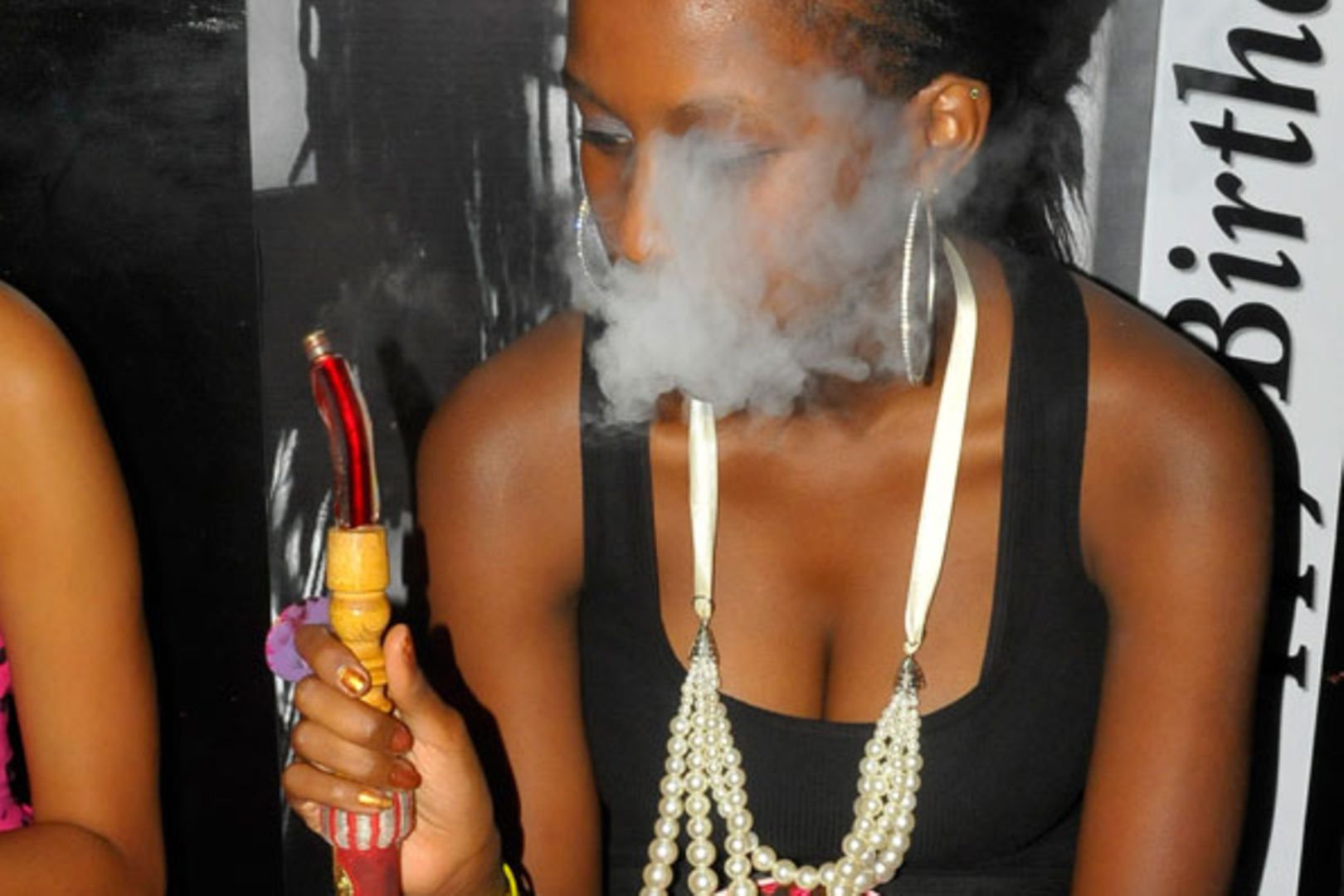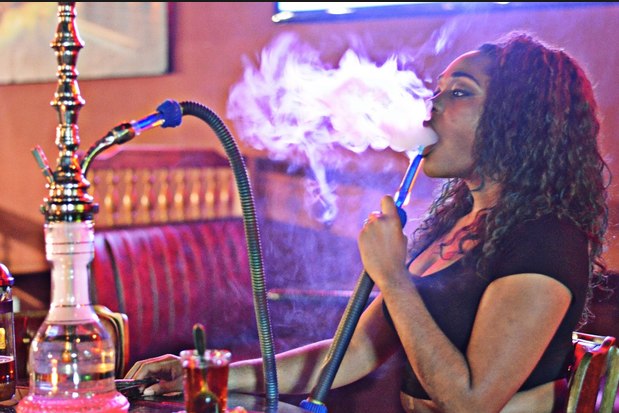Rising tobacco use among girls in Uganda worries experts

- 11% of young people in Uganda are using tobacco products
- There is a disproportionate rate of tobacco use among young females, with only 1.4% of women using tobacco
- Stakeholders in education and youth development discussed strategies to combat drug and substance abuse at the 3rd National Prefects Conference
A growing concern has emerged over the alarming rate of tobacco use among young girls in Uganda, with experts warning of the detrimental impact on their health and future.
According to a recent “Global Youth Tobacco Survey in Uganda,” conducted by the Ministry of Health, 11.7% of young people are consuming tobacco products, including cigarettes, shisha, and kuber. While the overall figures might not seem alarming, a deeper analysis reveals a disturbing trend.
Dr. Hafsah Lukwata Ssentongo, the Acting Assistant Commissioner of Mental Health and Substance Use Control, expressed deep concern over the disproportionate rate of tobacco use among young females. The survey indicates that 7.8% of adults use tobacco, with only 1.4% being women. This stark contrast highlights the vulnerability of young girls to addiction.
"This is a critical issue," Dr. Lukwata said. "Starting to smoke at a young age significantly increases the risk of addiction, which can persist into adulthood. Moreover, tobacco consumption poses severe health risks, particularly for women, as it can adversely affect the reproductive system."
The issue was brought into focus at the 3rd National Prefects Conference, where stakeholders in education and youth development converged to discuss strategies to combat drug and substance abuse among young people. The conference, organised by the Drug Hapana Initiative, aimed to empower student leaders to take the lead in this fight.

Participants emphasised the crucial role of parents and families in preventing young people from falling prey to substance abuse. The Permanent Secretary of the Ministry of Education, Aggrey David Kibenge, underscored the importance of fostering healthy environments at home to shield children from these dangers.
"The ministry believes that all defences against drug abuse must be planted within the homes and schools, not in remand homes and rehab centres. That is how we can guard our kids from exposure to this risk," Kibenge stated. He highlighted the importance of the ministry's parenting guidelines in providing the necessary education, guidance, and care to young ones.
Anne Ssebunnya, the founder and team leader of Drug Hapana Initiative, explained their strategy of using student leaders to champion the fight against drug abuse.
"We are empowering young student leaders to go back as peer educators to talk to young people about the dangers of substance abuse," Ssebunnya said. "We found a huge knowledge gap on substance abuse because many young people had misconceptions and myths. Some believed that they needed to use drugs to excel in class."
The issue of drug and substance abuse was further illustrated by George William Alinawe, a student leader at St. Patrick's High School in Hoima. He reported that students as young as 15 are using drugs, primarily alcohol, cannabis, and cigarettes, which are easily accessible from neighbouring communities.
Adding to the discussion, Fr. Charles Mpiima, the chaplain of St. Joseph’s Institute Kisubi, detailed the measures his school has implemented to combat substance abuse.
"We usually do check up on our students when they are reporting back. We also sensitise and have one-on-one talks on top of using the student leaders to keep watch and report those who might be using drugs," he said.
The rising trend of tobacco use among young girls in Uganda poses a significant public health challenge. As experts continue to study the implications, there is a collective call for concerted efforts from parents, educators, and community leaders to address and curb this worrying development.
ridoola.blogspot.com.ng
Comments
Post a Comment